৪ ফাল্গুন ১৪৩২
New Balance in Global Economy
China's Exports to Africa Increase as US Trade Declines
09 September 2025 20:09 PM
NEWS DESK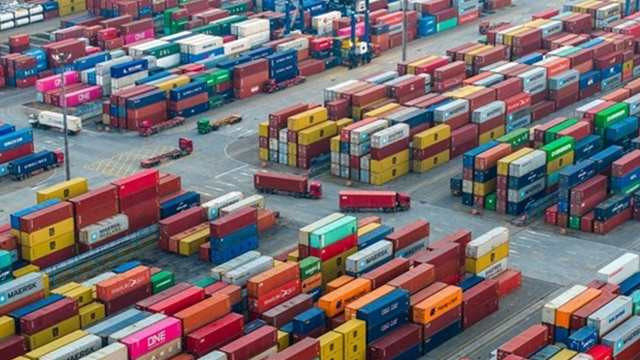
Amid intensifying U.S.-China trade frictions, Africa has emerged as Beijing’s strongest growth market. Chinese exports to the continent surged by 25% year-on-year to $122 billion in the first seven months of 2025, already surpassing full-year 2020 levels. On current trends, exports are set to top $200 billion for the first time.
This growth is directly caused by weakening U.S. demand under Trump’s tariffs, which redirected Chinese exporters to emerging markets where political barriers are lower. Africa’s growing demand for infrastructure, machinery, and consumer goods provided the perfect landing ground for this shift.
Africa’s biggest buyers Nigeria, South Africa, and Egypt are importing increasing volumes of Chinese goods, particularly for construction and industrial use. Exports of construction machinery surged 63%, passenger car shipments more than doubled, and steel products grew by double digits.
The scale reflects both causal effects (Chinese state-backed firms winning Belt and Road contracts that require Chinese materials) and correlational factors (Africa’s rising urbanization and industrialization fueling sustained demand).
Contracts highlight the scale: in just the first half of 2025, Africa signed $30.5 billion in infrastructure deals with China, five times the level of the prior year. These contracts create a locked-in cycle of demand for Chinese exports, reinforcing Beijing’s commercial foothold.
China is also capitalizing on Africa’s energy challenges. With less than half the population having reliable electricity access, African countries are turning to Chinese solar and wind technology. Imports of Chinese solar panels rose 60% in the year to June, and beyond South Africa, purchases have tripled over two years.
This demonstrates a causal relationship: as African nations seek energy independence, China’s renewable technology becomes a default solution, both due to affordability and its alignment with long-term development goals.
China is reinforcing trade with financing tools. State-owned banks such as China Development Bank are funding projects, including a €245 million loan for a Nigerian railway and new lending in Egypt. This strengthens Beijing’s bargaining power and expands the yuan’s role in Africa’s financial systems.
Currency swap agreements already exist with Nigeria, South Africa, Egypt, and Mauritius, while Kenya is negotiating to convert dollar debt into yuan obligations. The expansion of yuan usage is both a strategic goal for China and a financial adaptation for debt-burdened African economies, illustrating a two-way incentive structure.
Even as demand rises, Chinese exports remain affordable. Prices for 14 of the 18 major product categories shipped to Africa fell year-on-year, with items like transformers and converters dropping 39%. This affordability edge, combined with Beijing’s removal of import levies on African goods, reinforces mutual trade flows.
The lack of protectionist backlash in Africa, compared to resistance elsewhere, further tilts competitiveness in China’s favor. Goods like steel components (+43%), batteries (+41%), and electrical converters (+25%) are finding ready markets without regulatory friction.
Despite the boom, risks remain. Africa’s widening trade deficit with China raises concerns of overdependence and potential crowding out of local industries. Debt levels to Chinese banks are already a political issue in nations such as Angola and Kenya, and the expansion of yuan-denominated loans could deepen dependency.
While Beijing benefits from this leverage, it must tread carefully to avoid triggering backlash in a region that is becoming central to its global strategy.
China’s export surge to Africa illustrates how global trade is being reshaped by geopolitics. U.S. tariffs created an immediate incentive for Beijing to pivot, but the results reflect more than short-term substitution. Infrastructure contracts, clean energy demand, and financial leverage are embedding China into Africa’s growth trajectory.
For Africa, this relationship offers capital, technology, and industrial know-how, but it also risks long-term dependency. For China, Africa represents not just a market but a proving ground for its global ambitions a place to project influence, deepen currency usage, and solidify its role as the world’s industrial supplier in an era of fractured globalization.







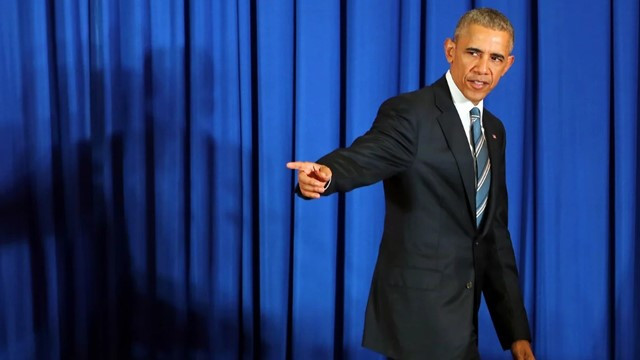






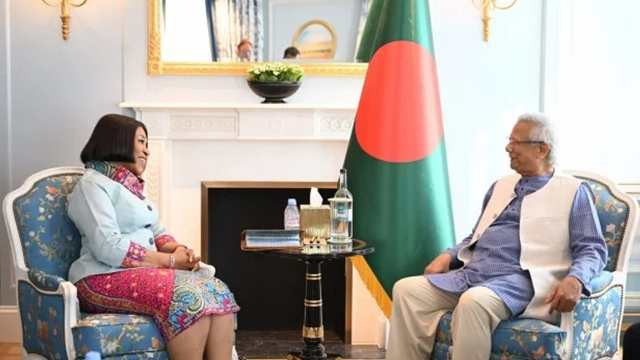

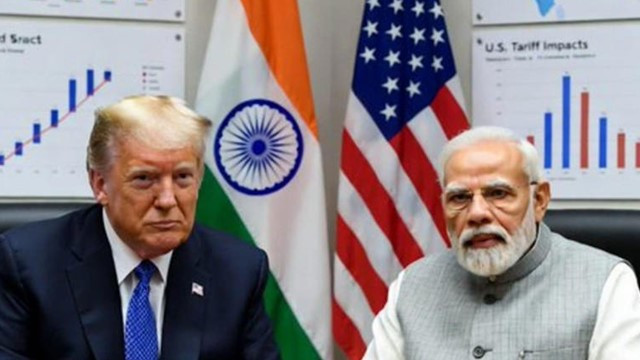
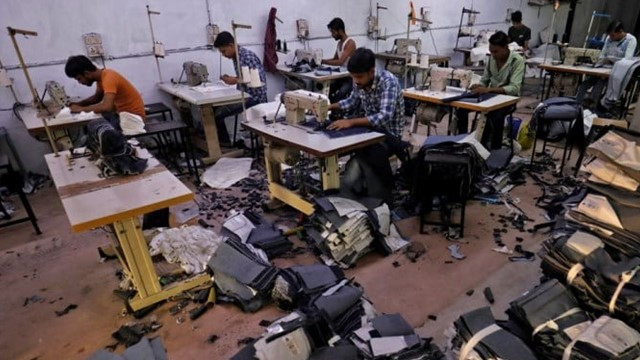

Comments Here: